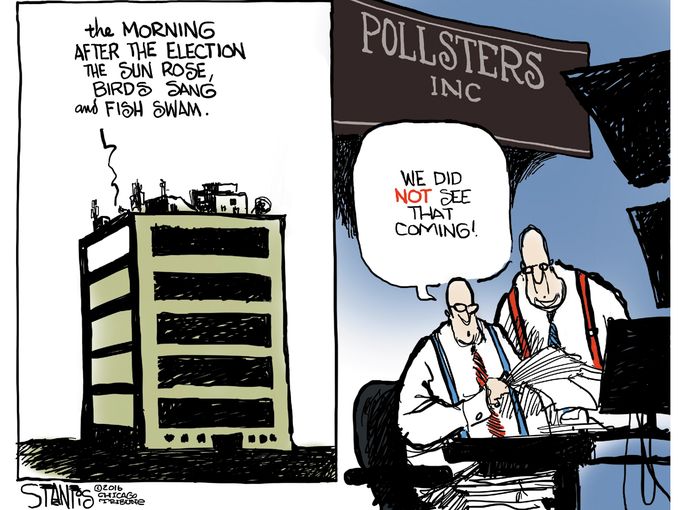And I should mention too
我還要補充的一點是
Cleveland was a quintessential Bourbon Democrat
克里弗蘭是個波旁派的民主黨人
Very closely associated with the Wall Street interest
與華爾街利益有著十分密切的關系
And associate particularly with a hard money standard
對硬性貨幣依賴嚴重
He was the great proponent of moving to the gold standard
因此它是個不折不扣的黃金本位制倡議者
US had had what was called the bi-metal system, with dollar base both on gold and on silver
當時美國實行的是復本位制,即美元同時與金銀兩種金屬掛鉤
But the US was moving towards the gold standard at this time
但同時它正在向金本位制的趨勢發展
Britain had moved to the gold standard
英國當時已建立了金本位制
The global economic system was moving to the gold standard
全球經濟體系都在朝著金本位的趨勢前進
And Wall Street banker and other certainly wanted this
這也正合了華爾街銀行家們的意
They wanted the solidity of gold of hard money at this time
他們希望將黃金作為固定的硬性貨幣
And Grover Cleveland was in that sense their man
而克里弗蘭無疑和他們坐在一條船上
Next election 1888, Grover Cleveland running again
1888年的大選,克里弗蘭再次參選

Bejamin Harrison his opponent
與共和黨的哈里森展開角逐
And the big issue was tariff reform
這次大選的焦點是關稅改革
So Cleveland had been president, but he was not able to push through tariff reform
克里弗蘭在他的任期內并未能有效地推動關稅改革
As a Democrat, especially a Bourbon Democrat this time
作為波旁派的民主黨人
He wanted low tariffs and tariffs were very high at this time
提倡將關稅控制在低水平,而當時的關稅卻非常重
Often 40% on manufacture goods, sometimes even higher
對制成品征收的關稅常高達40%,甚至更高
Low tariffs were something that farmers wanted
低關稅符合農民
in the west and southerners wanted
及西部南部農場主的利益
and industrialist did not want
但對工業制造者則不利
and actually the new labor movement at this time was not happy about tariff reduction neither
而這時興起的新勞工運動也同樣抵制關稅的削減
Because they feared there'll be more competition abroad
他們擔心低關稅將使國外產品更具競爭力
So that they could potentially lose their job
潛在地危害了勞工的就業機會
That was the big issue
這在當時利益攸關











